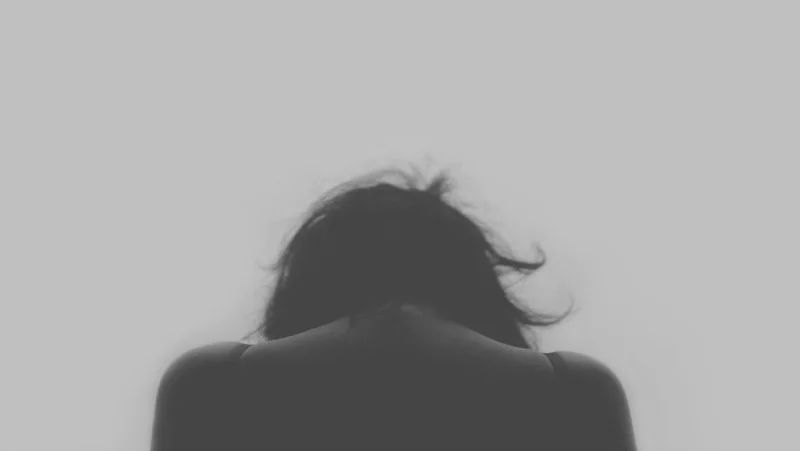When we’re young, binge drinking culture is widely accepted- and even encouraged in many cases. It’s pretty much the norm for students to get wasted regularly, or for young adults to spend their weekends in bars or clubs drinking heavily.
But as time goes on and responsibilities such as work, family, and relationships kick in, most people tend to naturally drink less and leave their wild party days behind them.
But if you never have, and are still drinking in the same way as you did when you were much younger it could be one of the signs of addiction.
Common Signs of Addiction
There’s a fine line between a fun, party lifestyle when you’re young and addiction. Here are some of the signs to watch out for.

You Drink Heavily When You’re Alone
You don’t just go to the party, club, or bar and drink there before going home and calling it quits. You’ll consume alcohol before and after too, alone if necessary. You might find that it’s not just weekends or parties where you drink, and might start to buy alcohol during the week too and drink to excess at home on your own.
This isn’t having a glass of wine with dinner or in front of the TV when you get home from work; it’s regularly drinking to the point of being drunk.
You Feel Guilty or Make Excuses About Drinking
Once you become increasingly aware of the fact you have a problem with alcohol, you might start to feel guilty. This could result in hiding empty bottles or buying your alcohol from different shops. When you’re asked or are caught drinking, you might come up with reasons and excuses to cover up your behavior. Along with the inevitable hangover the next day, you may also suffer from feelings of guilt and disappointment in yourself which isn’t good for your mental health.
Your Mind Is Often on Alcohol
It might be planning what you’re going to drink to worrying if you have enough, to counting down the hours until you can have your next taste of alcohol. There’s nothing wrong with being excited for a party and looking forward to drinking on special occasions. But if alcohol consumes your thoughts and you obsess about it, then it’s a clue that you’re becoming dependent.
You Notice Physical Symptoms
You might put some of your symptoms down to a hangover, but they’re really a sign of alcohol dependency. Gastric problems such as upset stomachs and pain, weight loss, insomnia, and restlessness are just a few that you might experience. To reduce some of these symptoms you might try hangover IV, which can provide a quick infusion of hydration and certain nutrients.
Alcohol dependency is dangerous due to the adverse effects the drug has on your body. Liver damage, brain damage, high risk of diabetes, infertility, and much more are some of the issues you may have to contend with if you continue to drink heavily.
You Continue Drinking, Despite It Causing Relationship Issues
If your family is distraught, your friends have fallen out with you and your other half has left because of your drinking then it’s time to evaluate. While it might not be your intention to hurt your loved ones with your drinking, it’s easily done when you’re acting recklessly and risking your health to drink.
It might feel as though people are overreacting or ‘ganging up’ on you, but your best interests will be on their minds. Hear people out and listen to what they have to say, it might just give you the boost you need to make a change.
How to Get Help for Addiction
If you’re struggling with any of the above, don’t be afraid to reach out for help. You could seek advice from a friend, a helpline, or your doctor. You could look into rehab options on a site like rehab.com.
Whatever it is, don’t suffer alone. Taking that first step is so important if you want to get sober. Making a positive change rather than burying your head in the sand is crucial for getting you back on track, and your health back up to scratch.
It’s important to break the stigma around addiction, as all this does is prevent people from getting the help they need. Addiction can happen to anyone; it’s not a sign that you’re weak or a bad person.
Often mental health issues can be at play so getting to the root cause of these can help, for example, people might begin drinking due to depression. With the right help and treatment you’ll be back on your feet, and feeling like ‘you’ again.
What advice would you give to anyone suffering from addiction at the moment?
